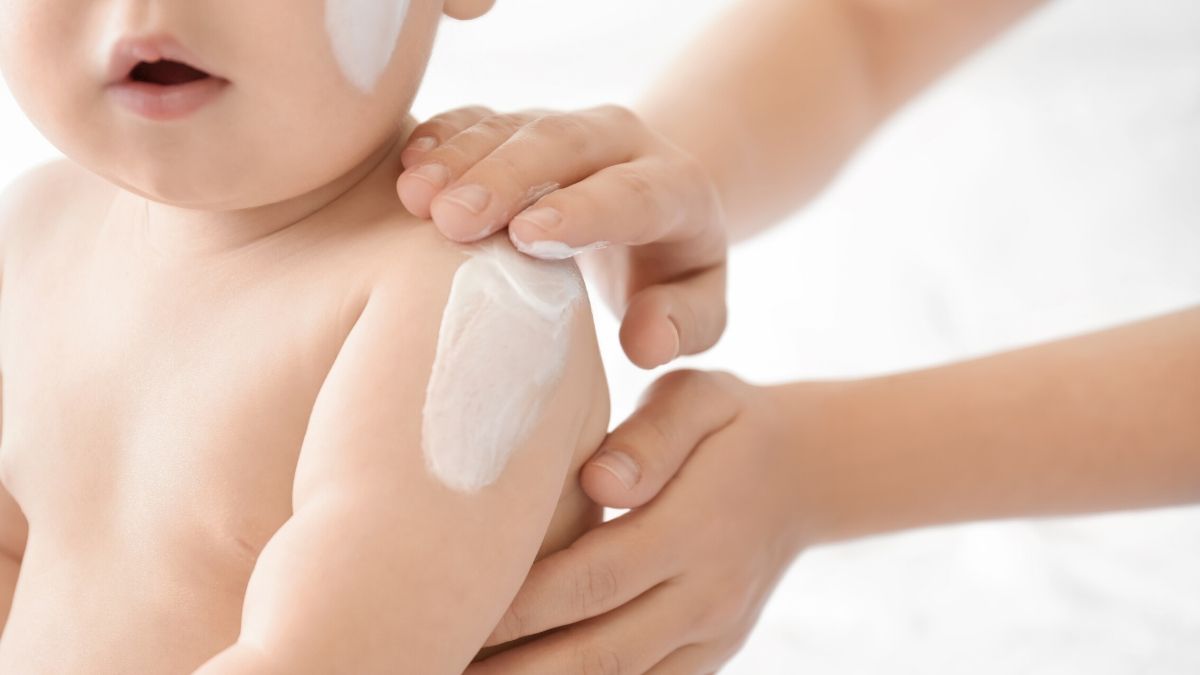Skin Care Routines for Babies

If you’re a single mother, a lot of the parenting responsibility may fall on you. Single mothers are often responsible for a large portion of the mental work that comes with raising a child, such as developing daily routines. One of the important routines to come up with for your baby is a skin care routine to keep your child’s skin soft and smooth. It’s hard to know exactly what your child’s sensitive skin may need, so check out these examples of simple, quick skin care routines for babies that you can fit into your busy lifestyle.
Morning skin care routine
When your baby wakes up for their day in the morning, give them breakfast and then use a damp, soft cloth to wipe their face, paying special attention to their eyes, behind their ears, and around their noses. This gives their face a little wash before their day begins, and it can even calm them after a meal. This is something you can do in about two minutes in the mornings before you have to head to work.
Bedtime skin care routine
A bedtime skin care routine can be a little lengthier than the morning one, as you’re most likely home for the night and enjoying some bonding time with baby. A bedtime skin care routine for babies has many benefits for your child’s skin as well as for their ability to start sleeping through the night. At bedtime, consider giving your baby a short bath with oatmeal and lavender to calm their skin and get them tired for bedtime. After this, wrap them up in a towel and give them a few snuggles while you wipe their face. Once baby is dry, put on some unscented, sensitive skin lotion to protect against dry skin. This should be about a 15- to 20-minute routine that calms and readies your child for sleep while moisturizing their soft skin.
General baby skin maintenance
During diaper changes and other activities, be sure to stay on the lookout for skin issues such as diaper rash or dry skin. Look for natural treatments for dry baby skin to avoid irritating it further. For diaper rash, try a raw oil or petroleum jelly to heal their skin without causing pain or discomfort for your baby. If things get to a point where you don’t think you can manage alone, call your child’s pediatrician for advice.













